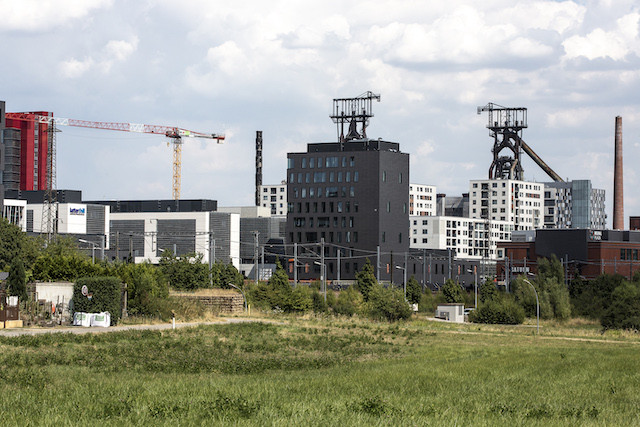Pro-Sud--an interest group representing the 11 communes--had applied to become part of the Man and the Biosphere (MAB) programme last year, and a Unesco committee on Wednesday approved the candidacy.
The programme aims to draw from experiences across a network of more than 700 biosphere reserves around the globe. The reserves are described as sites where nature and people can thrive together. Participants collect and share data on sustainable job creation, resource management, clean energy and biodiversity.
The so-called Minett in Luxembourg’s south has undergone a dramatic transformation, from an industrial site into a hub for science and innovation, for example through the Cité des Sciences in Belval.
At the same time efforts continue to preserve its steel heritage--for example in the new Esch-Schifflange urban development--while former mining sites have also been returned to nature, for example the Brucherbierg-Lalléngerbierg nature reserve, which has one of the highest rates of biodiversity in the country.
“The Unesco label is not only an honour but also a challenge,” the government said in a press statement, adding that the south would continue trying to balance population growth and sustainability. “This recognition is an opportunity to become an inspiration not only for the whole region but also for the country and the French border region,” the statement said.
The communes included in the Minett Unesco Biosphere label are Bettembourg, Differdange, Dudelange, Esch-sur-Alzette, Käerjeng, Kayl, Mondercange, Pétange, Rumelange, Sanem and Schifflange.
